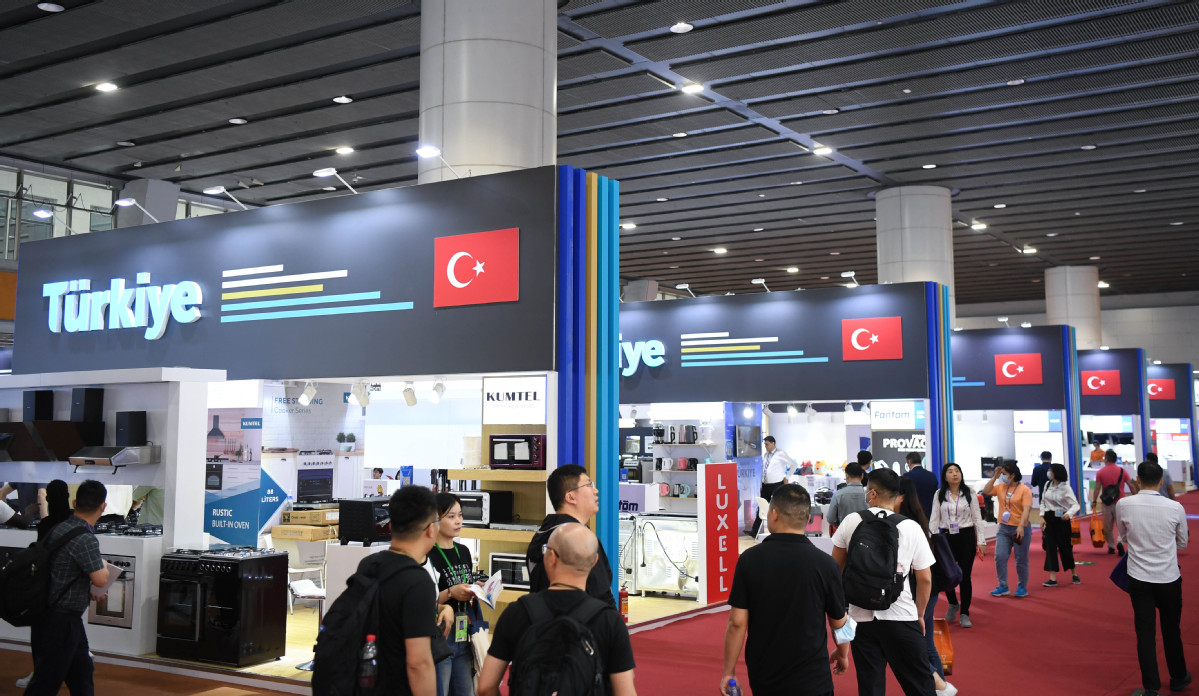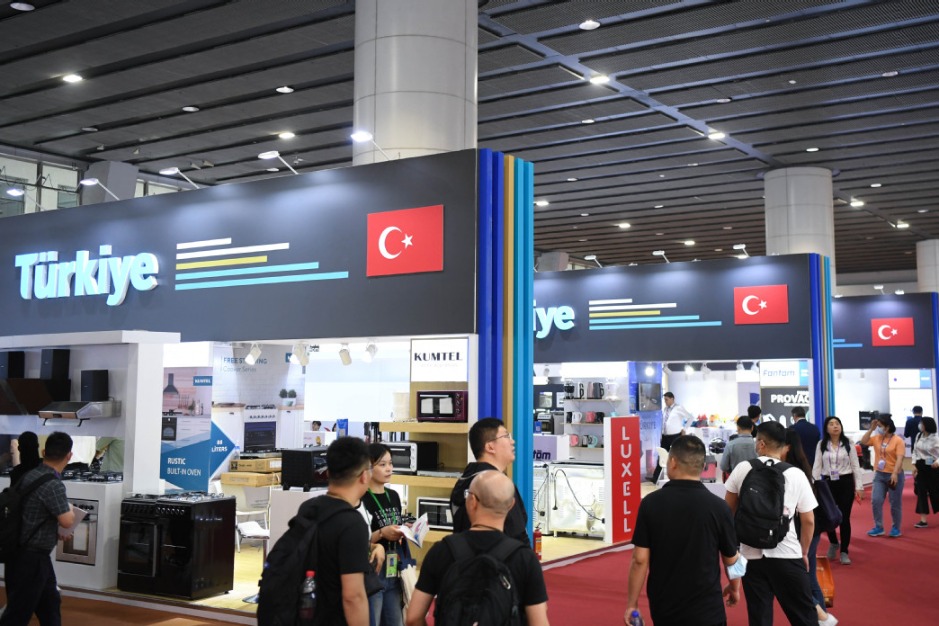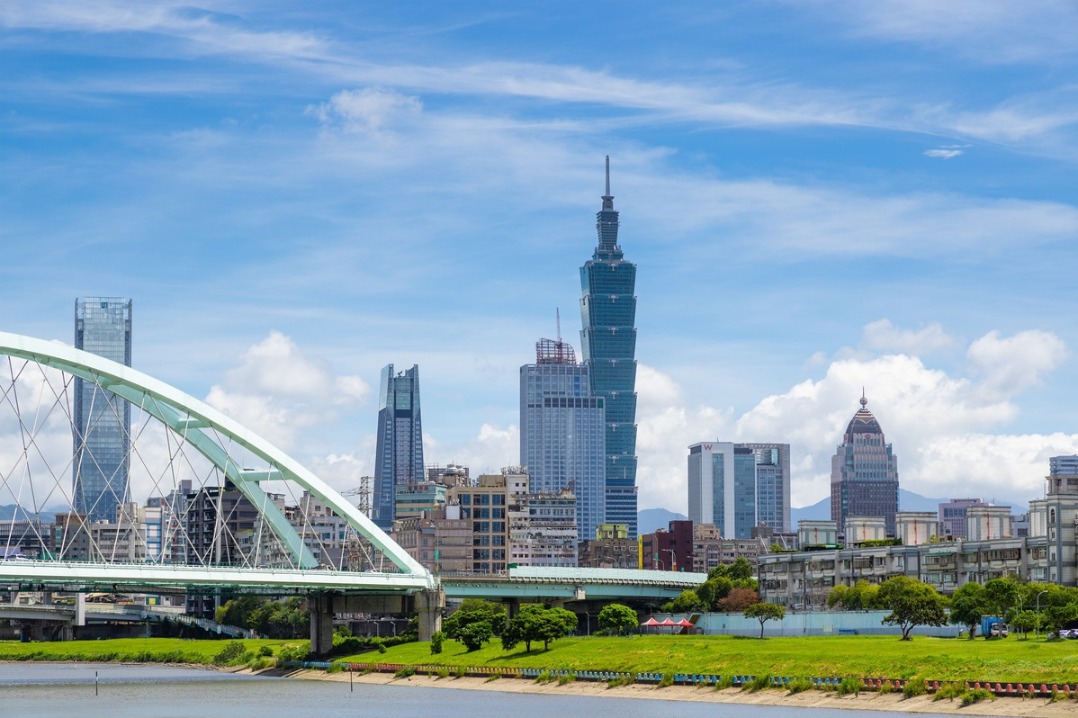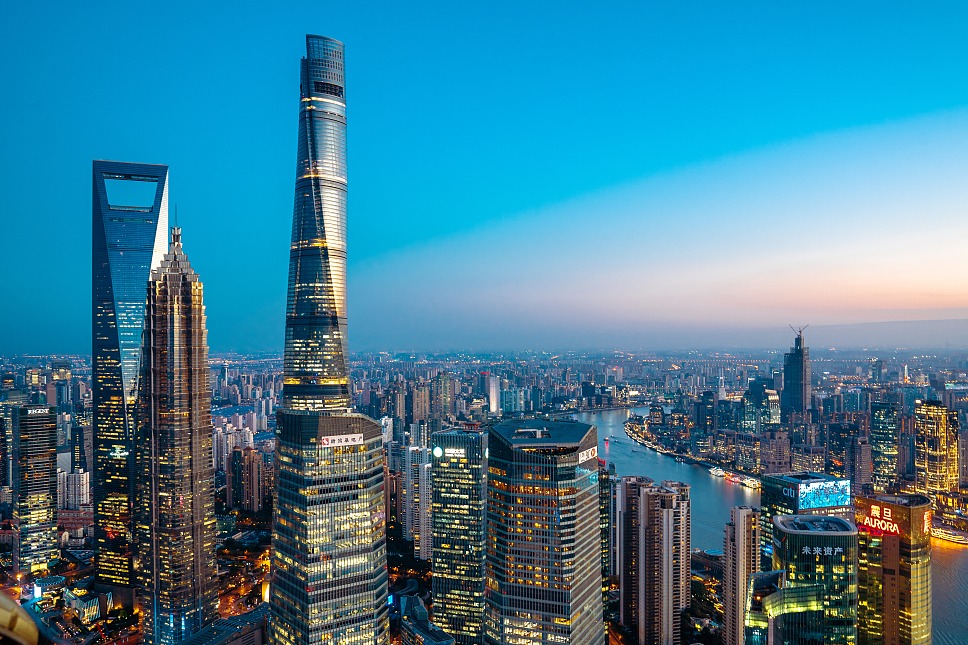China, Turkiye addressing digital inequality


For years, Western media platforms have dominated the global flow of information, projecting not just news but also ideology. From traditional newspapers and television networks to the rise of Silicon Valley-based social media giants, the same fundamental pattern has persisted: shaping narratives that often serve Western geopolitical interests while marginalizing other perspectives.
In the 21st century, social media have become the new frontier of influence. Platforms once hailed as tools for democratization have gradually revealed their real function — as instruments of narrative control. For countries such as Turkiye and China, this has meant being portrayed through narrow, often distorted lenses, while efforts to voice their national perspectives have been drowned out, downgraded or outright censored.
Social media algorithms — opaque and unaccountable — routinely suppress content that contradicts Western dominant narratives.
In Turkiye, during critical events such as earthquakes, elections and pandemics, Western platforms became conduits for disinformation, panic and social unrest. Falsehoods spread rapidly, while efforts by local media or public institutions to correct them often went unseen and unheard.
More concerning is the systematic silencing of voices defending Turkiye's position. Content by Turkish users, especially those promoting national narratives or countering misinformation, is frequently shadow-banned or suppressed.
In both cases, we are witnessing not a marketplace of ideas, but a battlefield of perception — where control over visibility is control over truth.
Recognizing the strategic vulnerabilities of relying on foreign platforms, China began building its own digital ecosystem in the early 2000s. In 2009, Weibo emerged as an alternative to Twitter. Two years later, WeChat was launched and quickly expanded beyond messaging to become a multi-purpose "super app", combining payments, e-commerce, social networking and more.
By 2016, China had entered the global short video race with Douyin, the domestic version of what the world would soon know as TikTok. Alongside competitors like Kuaishou, these platforms didn't just counter their Western counterparts; they redefined them. Today, TikTok isn't merely a Chinese alternative; it is arguably "the global trendsetter" in digital content, culture and marketing.
What began as a defensive strategy to safeguard Chinese narrative autonomy evolved into a bold model of technological self-reliance, and innovation that resonated globally.
Turkiye is now charting a similar path. Amid growing concerns over digital manipulation and foreign control, a new platform has emerged: Next Social Media. Developed by the team behind Teknofest, Turkiye's largest aerospace and technology festival, and supported by prominent innovator Selçuk Bayraktar, NSM is Turkiye's answer to the growing need for a homegrown, narrative-friendly micro-blogging platform.
Within a short period, the app has attracted a substantial number of active users, signaling strong domestic interest in digital alternatives. The developers have also released plans to launch a locally designed messaging platform to further strengthen Turkiye's digital autonomy.
The NSM isn't just another app; it represents a deeper desire of the Turkish people to reclaim the public place, in order to foster an environment where Turkish voices aren't filtered through foreign algorithms or distorted by ideological bias.
China's experience shows that domestic platforms can evolve from tools of self-defense into engines of economic growth. TikTok, WeChat and Douyin have become multi-billion-dollar ventures, creating jobs, exporting culture and challenging the West's digital dominance. These platforms have helped create a thriving ecosystem of content creators, e-commerce infrastructure and advertising models tailored to new digital realities.
Turkiye's NSM has the potential to follow a similar trajectory. If it succeeds in engaging users, ensuring data security and fostering innovation, it could spark a wave of digital entrepreneurship and technological self-sufficiency. A strong local digital sector also means reduced dependence on foreign technologies and enhanced national resilience in the face of global crises.
China's digital journey offers valuable lessons for Turkiye. First, platform development must be holistic. Success depends not only on user numbers but on the depth of the ecosystem, including financial integration, content diversity, and developer support. Second, governments must invest in digital literacy and trust-building, ensuring users understand and value the shift toward domestic platforms.
And third, digital sovereignty is not isolation. It's about choice — the freedom to participate in a digital world without being beholden to the terms and biases of others. Turkiye's challenge is to blend openness with strategic control, innovation with security.
Turkiye and China are at the forefront of a global shift: the reclamation of narrative power and the redefinition of digital independence. In an era where influence is measured not just by territory or military might, but by who controls the algorithm and owns the platform, national digital infrastructure has become a matter of sovereignty.
The NSM is more than a start-up. It's a signal that Turkiye is no longer content to be a digital consumer; it seeks to be a creator of, a competitor in, and a contributor to the next phase of the internet.
Whether this movement succeeds will depend on sustained investment, user adoption and visionary leadership. But one thing is clear: in the battle for digital sovereignty, Turkiye is no longer on the sidelines. It is stepping forward, writing its own code, telling its own story, and challenging a global system long overdue for disruption.
The author is the former press counselor at the embassy of the Republic of Turkiye in Beijing and the Ankara Bureau Chief of Daily Sabah, one of Turkiye's leading English-language newspapers. The views don't necessarily represent those of China Daily.
If you have a specific expertise, or would like to share your thought about our stories, then send us your writings at opinion@chinadaily.com.cn, and comment@chinadaily.com.cn.

































